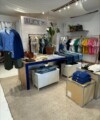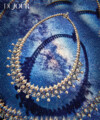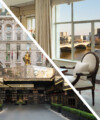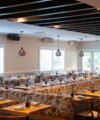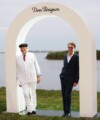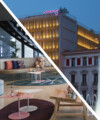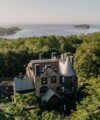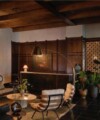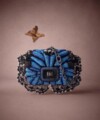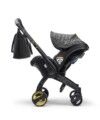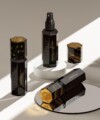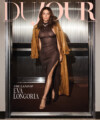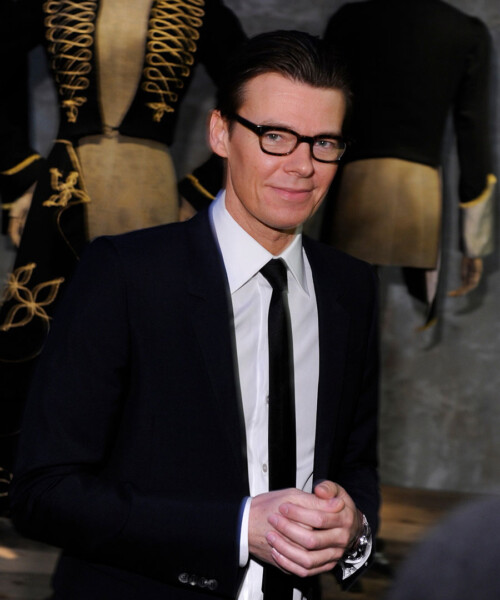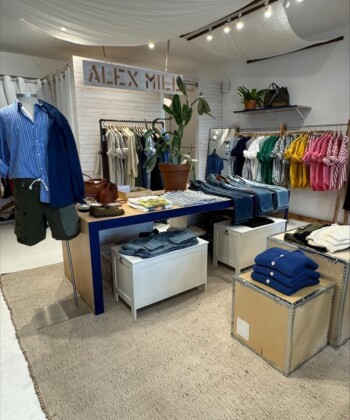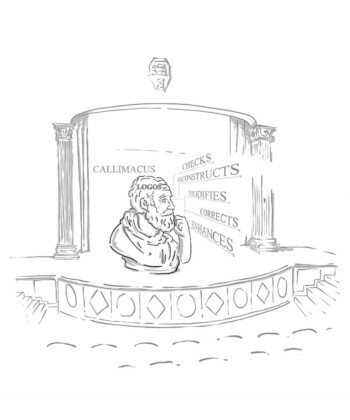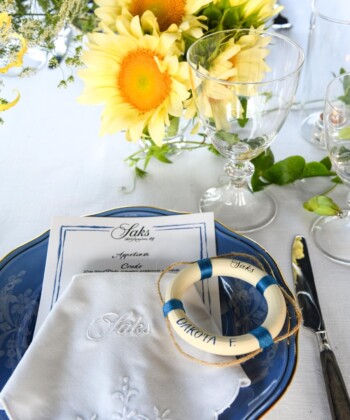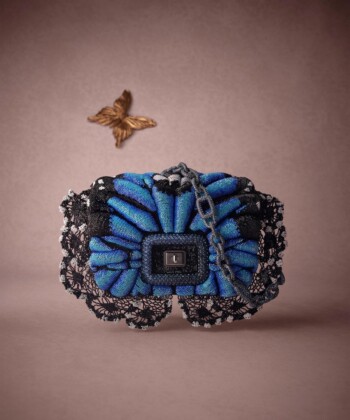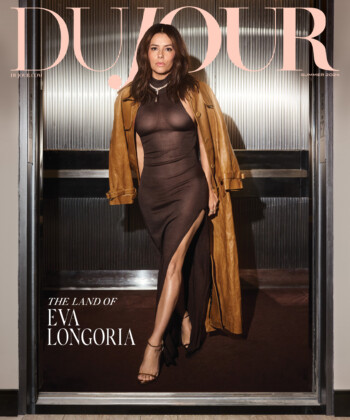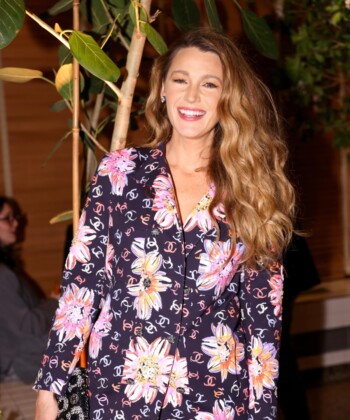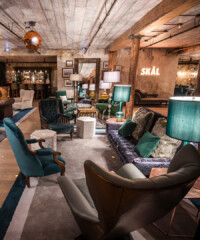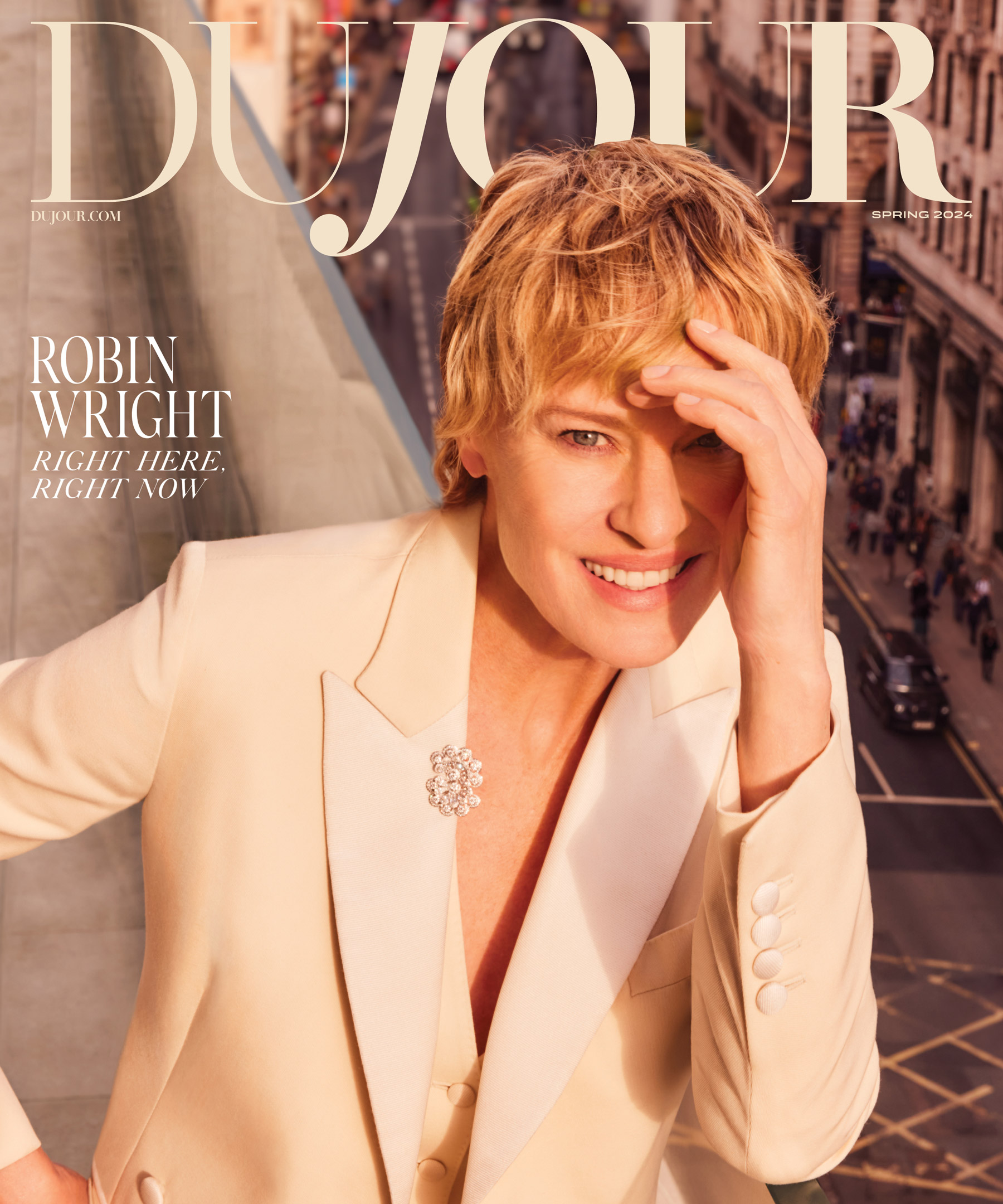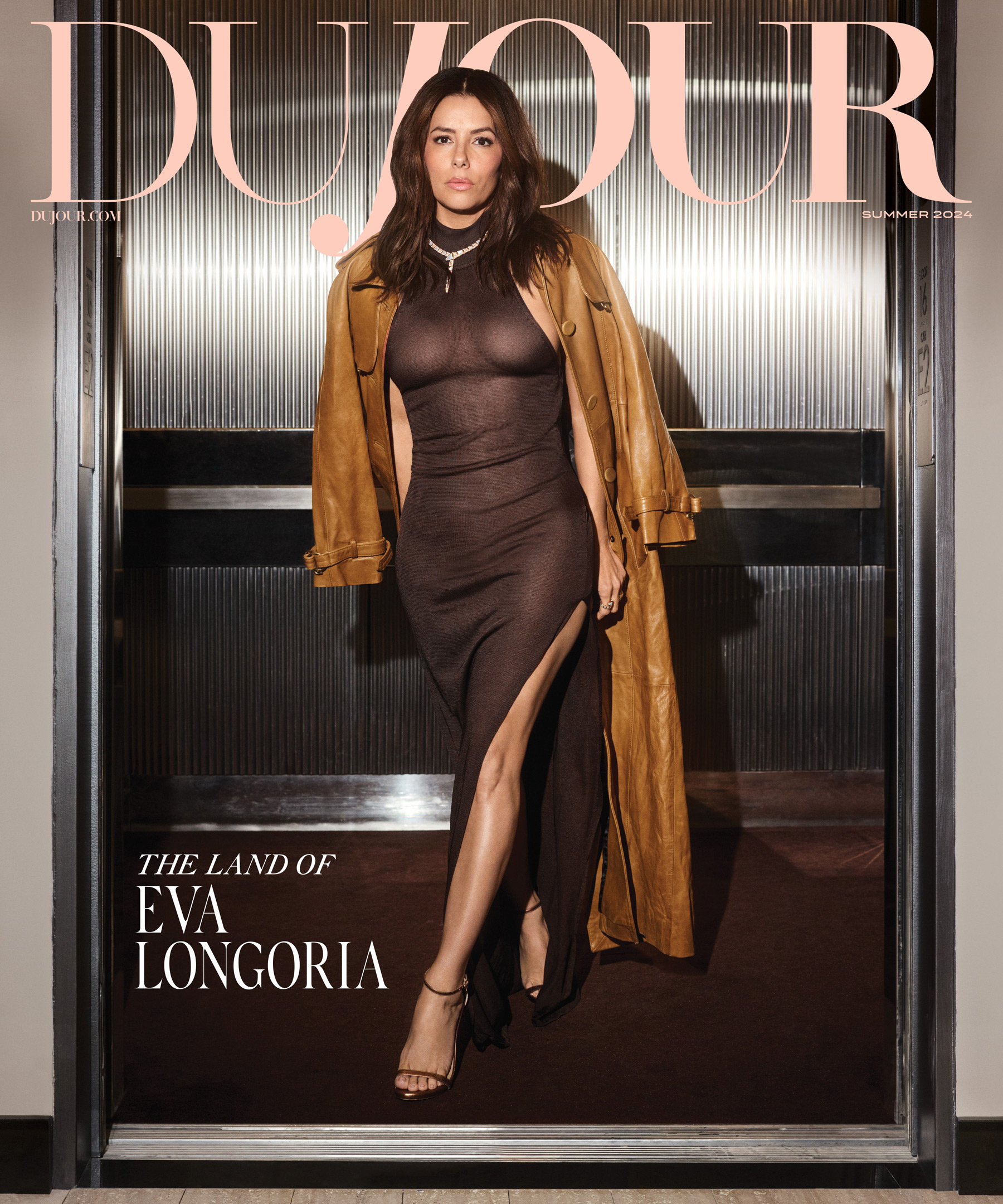Hundreds of thousands of years after the very first garments were worn in caves, fashion as a fine-art form is finally getting its due. While clothing was once regarded as more of an applied art, these days curators are focusing on clothing’s historical significance and cultural importance. One of this movement’s greatest champions is Andrew Bolton, curator at the Metropolitan Museum of Art’s Costume Institute, who’s also this year’s Vilcek Prize in Fashion winner.
“I never for one minute thought I was being considered for it,” Bolton tells DuJour. “I was actually recommending [other] people!”
The Vilcek Foundation, started and run by Slovakian-born philanthropists Dr. Jan and Marica Vilcek, awards annual prizes to the tune of $100,000 to immigrants who excel in the fields of biomedical science and art, with the latter’s exact focus changing each year. Marica Vilcek says it’s her way of giving back. “They gave an opportunity to my husband in this country, and we felt we should give something back,” she explains. “And since we’re immigrants, that’s why we wanted to bring attention to the contributions of people born outside of this country.”

Vilcek Prize in Fashion winner Bolton with Vilcek Prize for Creative Promise winners Siki Im, Natallia Pilipenka, and Tuyen Tran
For the British-born Bolton, there could be no better fit. “When I studied art history, nobody talked about clothes,” says Vilcek, noting that this is all starting to change. “I’m certain that Andrew Bolton will be instrumental. He will bring the importance of fashion as an art field to the forefront, and it will become a part of art history.”
Bolton draws on his background in anthropology when curating large-scale exhibits for the Met. His exhibits draw world-wide attention and create a national discussion about the relation between art and fashion, his most famous perhaps being 2011’s Alexander McQueen: Savage Beauty. “I feel the mission of the Costume Institute is to record the evolution of fashion through cultural trends and artistic development, and to promote the idea that clothing as an aesthetic medium is just as important as painting and sculpture,” he says. “That was something that was always accepted here, and that was very freeing.”
Next up for the curator is the anticipated China: Through the Looking Glass, opening May 7. It celebrates the centennial anniversary of the Asian art department at the Met and is characterized by the juxtaposition of objects from the East and West, which Bolton hopes will spark a dialogue about the relationship between cultures. “Placing Western fashion next to Chinese objects actually gives voice to both,” he says, “diminishing the distance between the East and West as you see layers and layers and layers of cultural exchanges between the two.”
Cultural exchange is, of course, something Bolton knows a thing or two about. “My advice for other immigrants would be to be open minded, and embrace all stabilities and potentialities that New York has to offer,” he says. “It’s such an extraordinary city, such a fluid city. It was an extraordinary progession in terms of my career to come to New York and to the Metropolitan.
“There are certainly members of the staff who still don’t see fashion as an art form,” he concludes, “and it’s true that not all fashion is art—but to be honest, I don’t think all art is art, either.”


